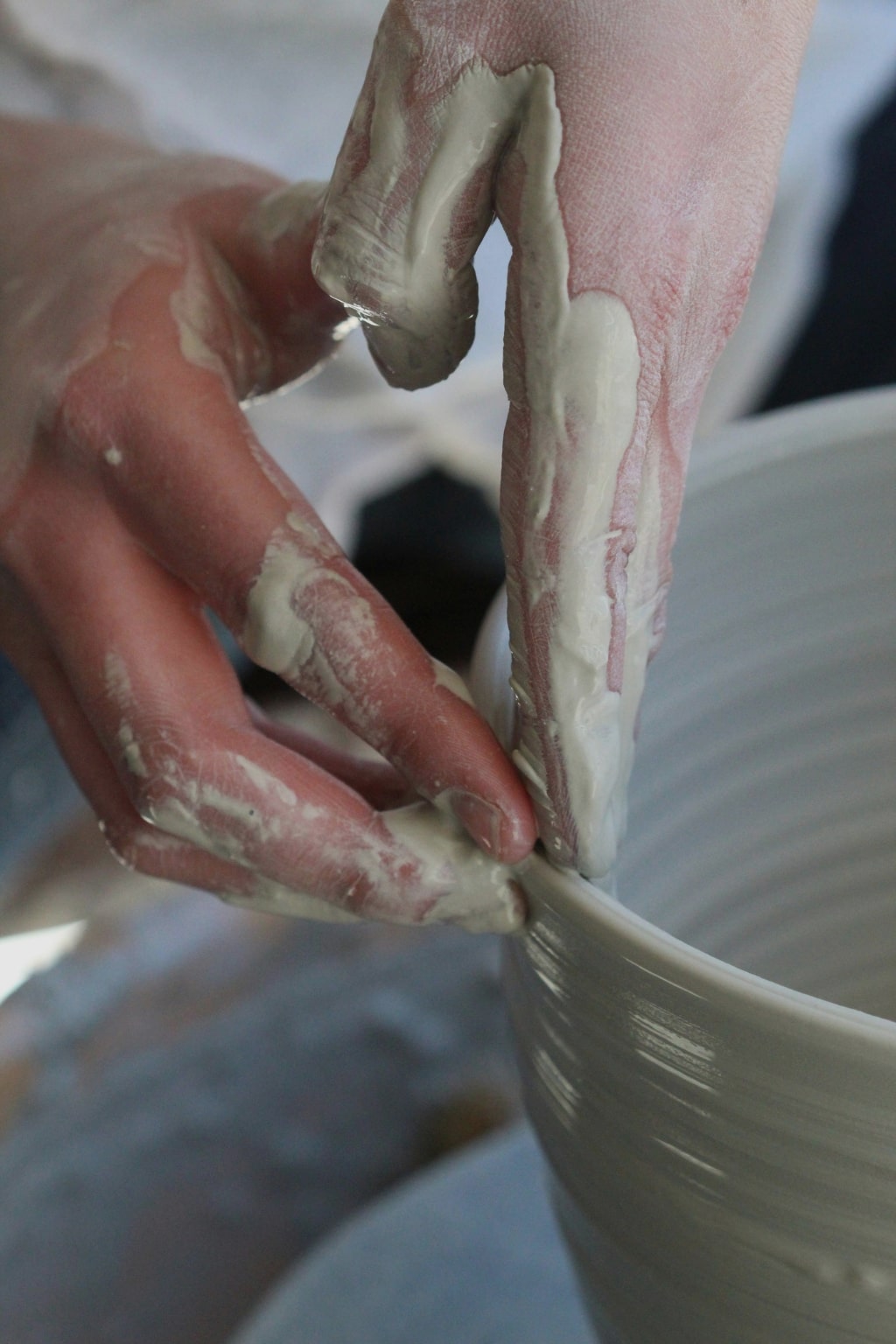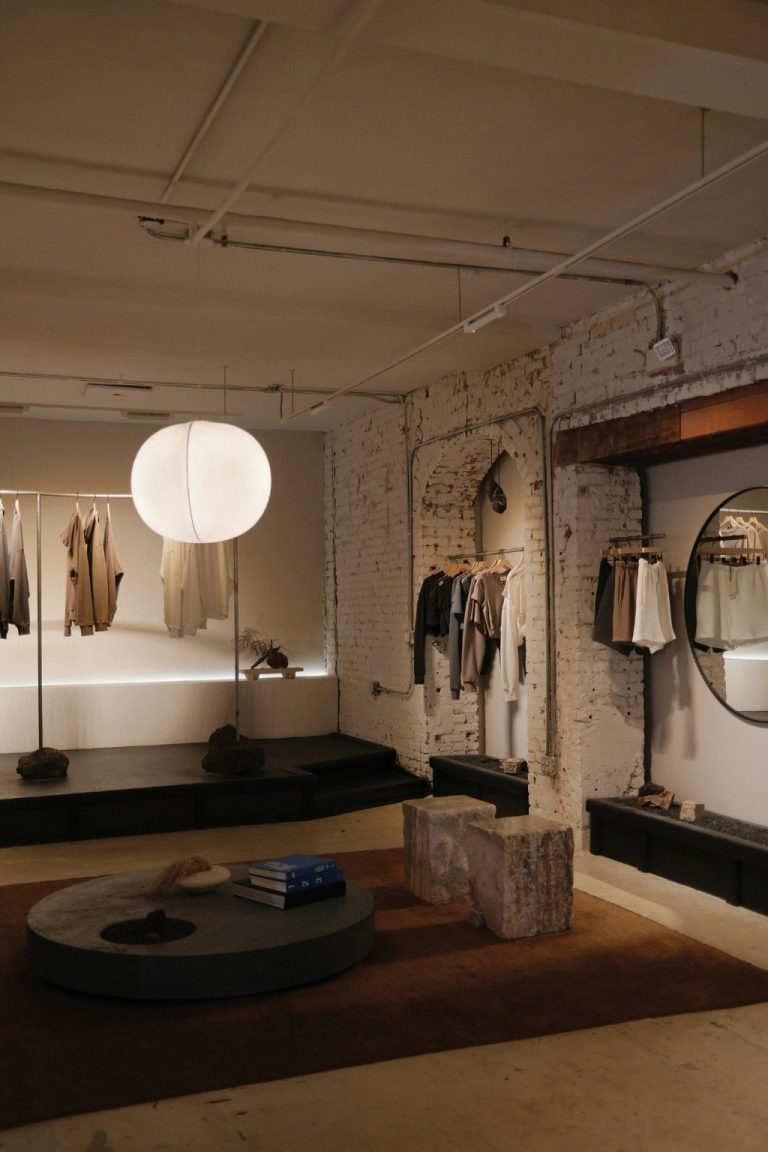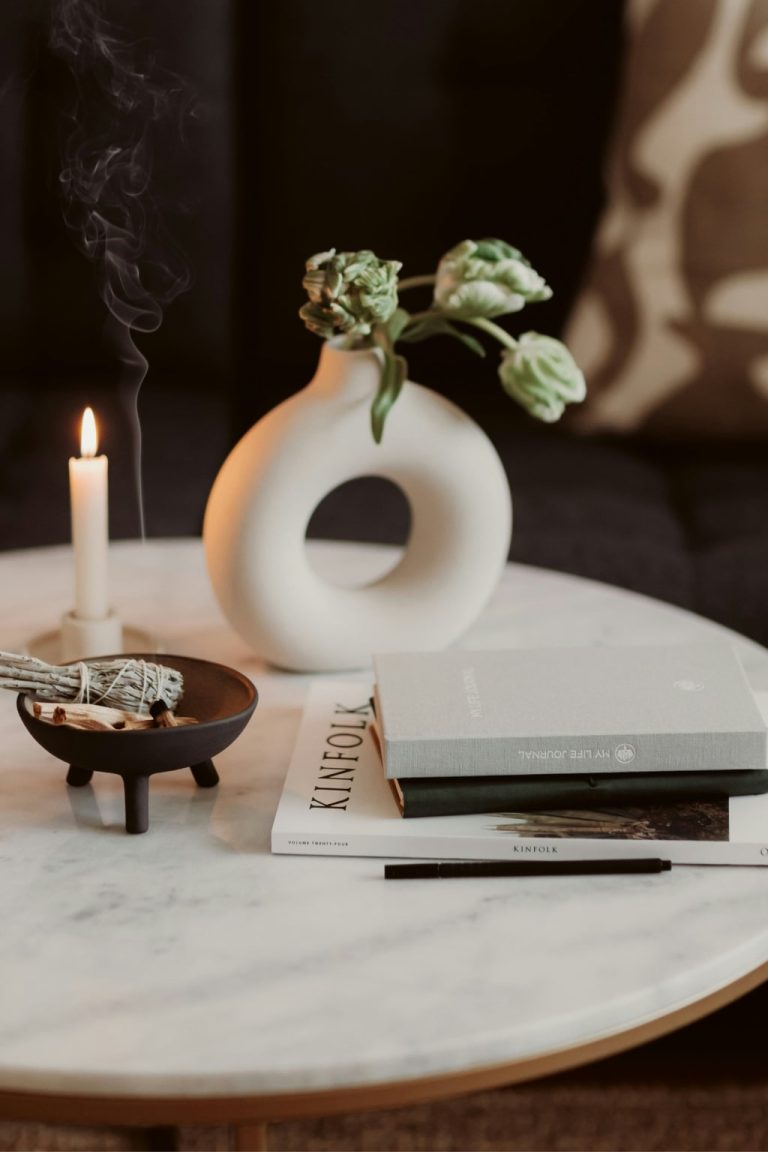Best hobbies for busy women looking to reduce stress and feel inspired
Time off should feel restorative, not like another task. Yet for many women, free time has become an extension of work: podcasts on productivity, workouts that track data, and hobbies that double as side hustles. Real rest has become rare. But it can return if you design it with intention.
The right hobby is not about filling space. It is about reclaiming energy. A good one grounds you in your senses, lifts your mood, and reminds you of who you are beyond your to do list. These are hobbies that offer that kind of pause, ones that create stillness without stagnation and spark creativity without pressure.
1. Gardening for presence and patience
Gardening forces a slower rhythm. The work is quiet, tactile, and cyclical. You notice change by the week, not the minute. Even a few potted herbs on a balcony can create a moment of calm and connection to something living.
Research from the University of Essex found that exposure to green spaces reduces cortisol and improves concentration. Gardening is not only grounding, it builds patience. You cannot rush roots.
Try this: Start with herbs or small indoor plants that reward care without overwhelm. Use watering as a moment to step away from screens.
2. Pottery or ceramics for tactile creativity
Pottery is therapy disguised as art. It turns attention away from thought and back to touch. The texture of clay and repetition of movement regulate the nervous system while creating something tangible.
Studios everywhere now offer flexible workshops, and at home kits make it easy to start small. Progress is slow, but satisfaction is immediate. You finish a session feeling calmer than when you began.
Try this: Find a local pottery studio with single session classes. Focus on the process, not the product.
3. Reading for stillness and perspective
Reading remains one of the simplest ways to reset the mind. Unlike scrolling, it deepens focus instead of fracturing it. A good book invites imagination and empathy, slowing mental noise.
Create a ritual around reading: one candle, one chapter, one uninterrupted hour. Let the story replace the need to perform.
Try this: Keep a book in every room and read a few pages instead of reaching for your phone. Curate your reading list for pleasure, not self improvement.
4. Cooking as sensory meditation
Cooking is a daily task that can become a daily ritual. The scent of herbs, the rhythm of chopping, and the warmth of a meal all engage the senses that screens ignore. When done slowly, cooking becomes a form of meditation in motion.
Studies from Harvard Medical School show that sensory focus reduces anxiety and increases dopamine. Cooking with attention creates that same response.
Try this: Choose recipes that appeal to texture and scent. Turn off background noise. Taste as you go.
5. Painting or sketching for emotional release
Creative hobbies are not only for artists. They are outlets for emotion that language cannot express. The act of painting or sketching channels thought into colour and shape.
You do not need to show your work or even finish it. The value lies in presence, not product. Many women find that ten quiet minutes with a brush or pencil resets the tone of their evening.
Try this: Use small sketchbooks or watercolours. Keep materials visible and easy to reach so creativity feels natural, not forced.
6. Walking for clarity
Walking is the most underrated mental reset. Regular movement improves mood and memory, and it gives ideas space to breathe. The pace is slow enough for thought but fast enough to clear tension.
In one Stanford University study, walking increased creative output by 60%. The reason is circulation: blood flow improves brain function, and fresh air grounds the nervous system.
Try this: Take short walks without music or phone calls. Let silence or nature guide your pace.
7. Photography for attention and appreciation
Photography sharpens perception. It trains you to see light, shape, and detail. Even simple phone photography can shift perspective from consumption to observation. The act of framing a moment teaches appreciation.
Try this: Photograph textures, shadows, or small details instead of people. Focus on observation rather than output.
8. Writing for clarity and self connection
Writing clears mental clutter. Whether journaling or creative writing, it slows thoughts and brings structure to emotion. Putting words to feeling helps you understand it and move through it.
Writing regularly builds self awareness. It becomes less about perfection and more about reflection.
Try this: Keep a simple journal. Write three lines a day about what you noticed, not what you achieved.
9. Movement that restores instead of depletes
Exercise can be meditative if approached with presence. Pilates, yoga, or slow strength training build energy instead of draining it. They reconnect you with the body and quiet the mind.
A 2022 study in the Journal of Health Psychology found that mindful movement practices reduce cortisol and improve emotional regulation more effectively than high intensity workouts.
Try this: Replace one high energy workout a week with a restorative session. Move to feel, not to track.
10. Music as emotional regulation
Music has measurable effects on mood and energy. Slow, rhythmic sound can reduce blood pressure and calm the nervous system. Singing or playing an instrument adds another layer: self expression through sound.
The act of listening deeply, not as background noise but as presence, trains focus and emotional awareness.
Try this: Build playlists for energy, calm, and reflection. Let music set tone rather than fill silence.
Designing your hobby ritual
A hobby becomes restorative when it becomes a rhythm. Protect time for it. Create small rituals: a candle before painting, clean tools after use, a set playlist for evening reading. These cues signal transition from doing to being.
You do not need hours. Fifteen minutes done often is better than one weekend marathon. Consistency builds comfort.
Try this: Schedule a weekly unproductive hour. Use it only for activities that bring ease. Over time, it becomes the anchor of your week.
Final thoughts
Busy lives erode the quiet moments that make us human. Hobbies return them. They offer a private space where ambition pauses and curiosity leads. The goal is not mastery but presence.






